

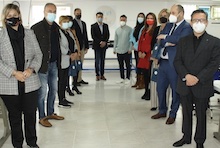
New Textile Life is a textile workshop that aims to give people at risk of exclusion “an opportunity to regain an independent life”.
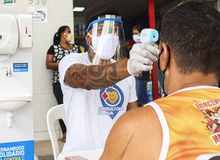
With around 420,000 deaths and rocketing unemployment, pastors hope churches can be “a refuge” in the midst of a severe crisis. “It is the biggest challenge of my professional life”, says an evangelical doctor.

Around 1.7 million seafarers work on board 85,000 merchant ships worldwide. The Seamen’s Christian Friends Society seeks ways to care for believers and bring the gospel to the maritime community.

The General Secretary of the Evangelical Fellowship of India (EFI) analyses the tragic situation caused by the new Covid-19 wave. He calls on believers worldwide to pray for India and its churches.

After the blast that killed over 100 people, the residents of the biggest Equatorial Guinean city are “starting to recover”, says an evangelical aid worker on the ground.
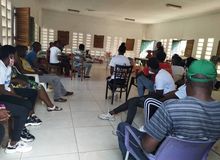
Evangelical churches and entities have begun to aid assisting victims on the ground and sending donations.

A report of the Spanish public TV shows the social action of evangelical associations during the pandemic. “We put the five loaves and two fish, and the Lord has multiplied them”.

A website aims to help the 130,000 Hong Kongers expected to arrive in the UK this year to get settled. They see it as an “opportunity for the church to show Jesus' hospitality”.
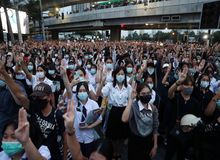
Thai evangelical leaders “work to keep political issues out of the church”, while young people “feel disappointed that churches ignore what happens in society”.
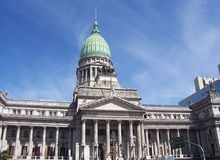
“They are not as well known as Maradona, but represent hundreds of men and women of faith who died during this pandemic”, said Christian Member of Parliament Dina Rezinovsky.

“It is better than the old Moria and other camps”, a Christian aid worker says. “2020 will be a record low for refugee resettlement”, the UNHCR warns.

Entities and churches work tirelessly to take care of the most vulnerable during the Covid-19 crisis, often without the needed support of the authorities.
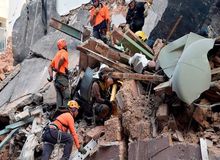
Beirut is still recovering, in the midst of an economic crisis. “Churches are on the streets, helping those in need, praying with them and giving free bibles”.

Evangelical ministries and churches help providing for basic necessities, cleaning churches and rebuilding houses.“Pray that the church in Lebanon will be light amid the destruction”.

In an interview, team members of the evangelical magazine ‘Ultimato’ analyse the burning issues of the largest country of South America. “The organic approach to church during confinement could change our ecclesiology”.

At the epicenter of the Covid-19 crisis in Italy, an evangelical church opened its building to the community, transforming it into a shelter for the homeless.

“Churches were shut, but many have never been busier”, said the United Kingdom Evangelical Alliance as the findings of the survey ‘Changing church: Responding to the coronavirus crisis’ were presented.
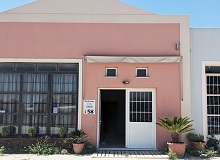
Volunteers of the Christian project I58 serve the needs of asylum seekers in the Moria refugee camp. Their community centre offers “tea and biscuits to around 500 to 700 people per day”.

The NGO ‘Alianza Solidaria’ works with churches in Venezuela to keep the soup kitchens that distribute food to vulnerable children and their families open.
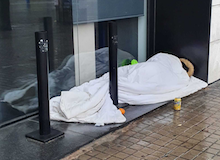
Homeless people “are much more deprived and vulnerable than before because of the epidemic”, a worker of Christian organisation Ágape +, says.

Fear of the coronavirus has also come to the Moria refugee camp in Lesbos (Greece), prompting several Christian organizations to take steps to protect the nearly 20,000 people crowded into the camp.

The National Council of Evangelicals of France supports “the current restrictions for reasons of public health”. “In this crisis, we keep our hope in God intact, and seek to share it”.

Evangelical leaders in Colombia and Peru presented projects to their governments, to support coronavirus victims. Cuban evangelicals are actively working with those affected by the pandemia.

“We live in a completely overwhelming situation”, a worker of an evangelical nursing home says. Personnel and material is scarce and solidary initiatives have been strarted to provide resources.

A megachurch in Colombia offers its temples for medical and spiritual help. Argentinian evangelical leaders pray for “renewed strength and encouragement”.

Las opiniones vertidas por nuestros colaboradores se realizan a nivel personal, pudiendo coincidir o no con la postura de la dirección de Protestante Digital.